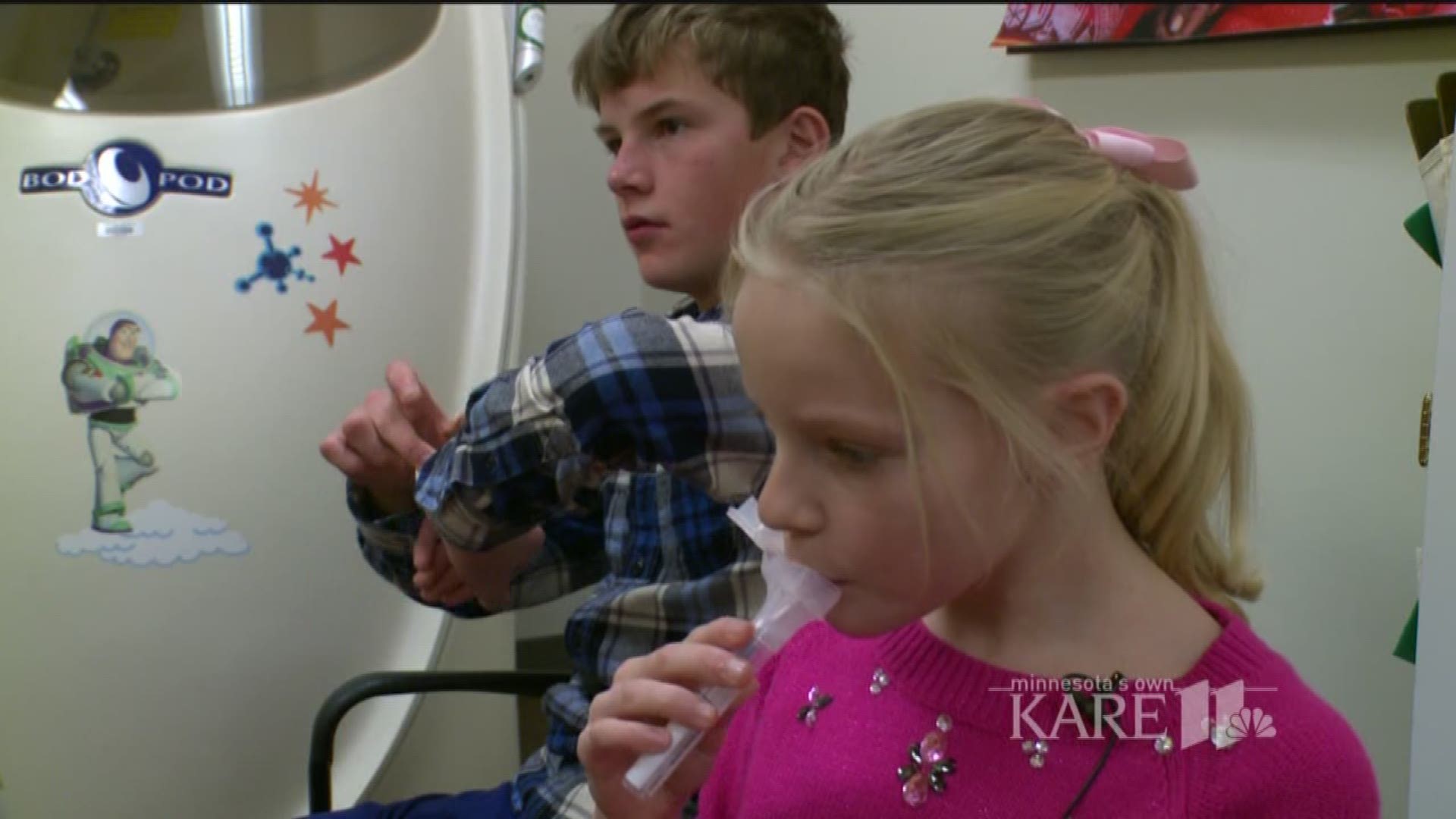MINNEAPOLIS -- Researchers at the University of Minnesota are part of a landmark study aimed at better understanding autism. But they still need the help of thousands of families impacted by this condition.
SPARK is the largest autism study in the United States, spanning 20 institutions. Last spring, UMN started gathering saliva samples from people with autism and their family members. Those DNA samples will eventually be compiled on an online registry with tens of thousands of others. Researchers hope the data can help them accelerate research to find causes and treatments for autism.
"It is a study that's mostly focused on the genetics of autism," said Dr. Suma Jacob, UMN physician scientist and associate professor in the Department of Psychiatry and Pediatrics. "One of the things that we learned is that... we need large, large numbers of participants to make sense of genetic risks or causal contributions to autism."
SPARK hopes to gather samples from 50,000 people with autism and their family members. According to Dr. Jacob, about 1,400 people are so far involved with UMN's work but they still needs thousands more.
"Genetic autism is highly heritable so there are genetic traits but there are hundreds and hundreds of genes related and so figuring that piece out is one of the goals," Dr. Jacob said.
Kammy and Tom Kramer of Eagan are participating in the study. Two of their three children, Elliott, 16, and Ada, 10, have been diagnosed with autism spectrum disorder (ASD).
"We hope that by participating that not only does it help our children but everyone's kiddos and adults and so on," Kammy Kramer said.
According to Dr. Jacob, the initial project will last about three years. Through the study, researchers will be able to give the Kramer's specific information about their genetics. With the family's permission, that data could also be used for future studies.
"What's different about this study than any other study that I've been involved in is that the goal is for families to participate long-term," Dr. Jacob said.
According to the Centers for Disease Control and Prevention, about 1 in 68 children has been identified with ASD.
Kammy Kramer hopes more families impacted by autism will get involved saying, "It makes you feel really good. Makes you feel like you're part of a solution."
The entire autism community is encouraged to participate in the study, sponsored by the Simons Foundation Autism Research Initiative.
You can register at SPARKforAutism.org/UMinnesota.

